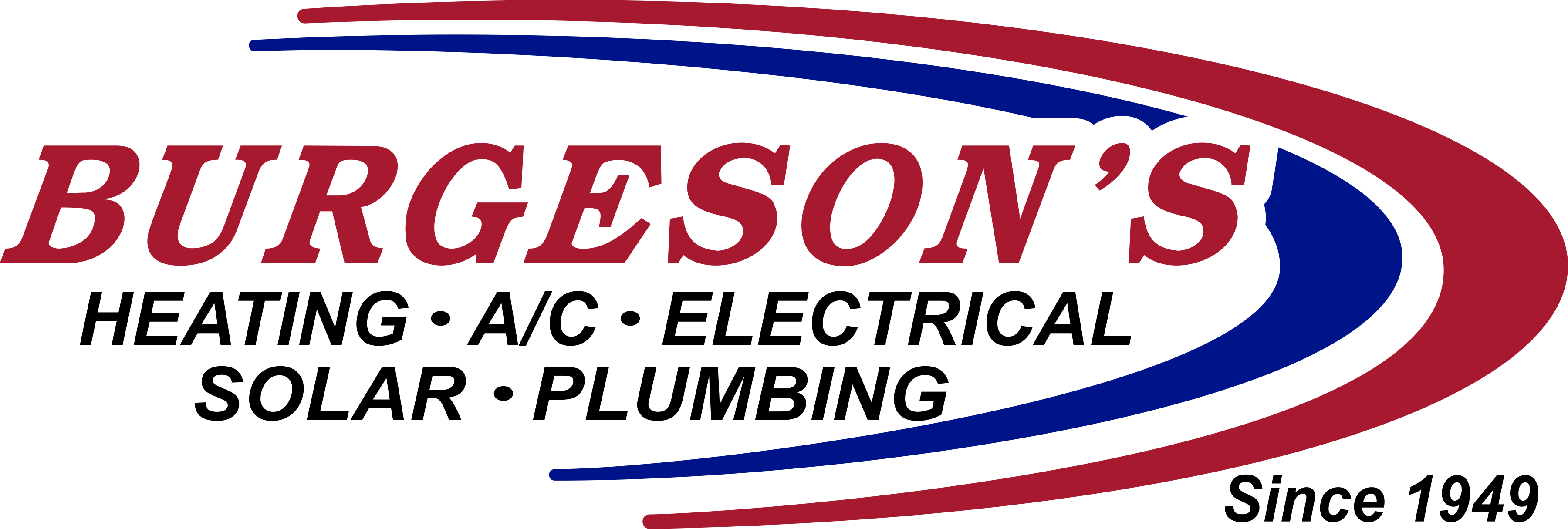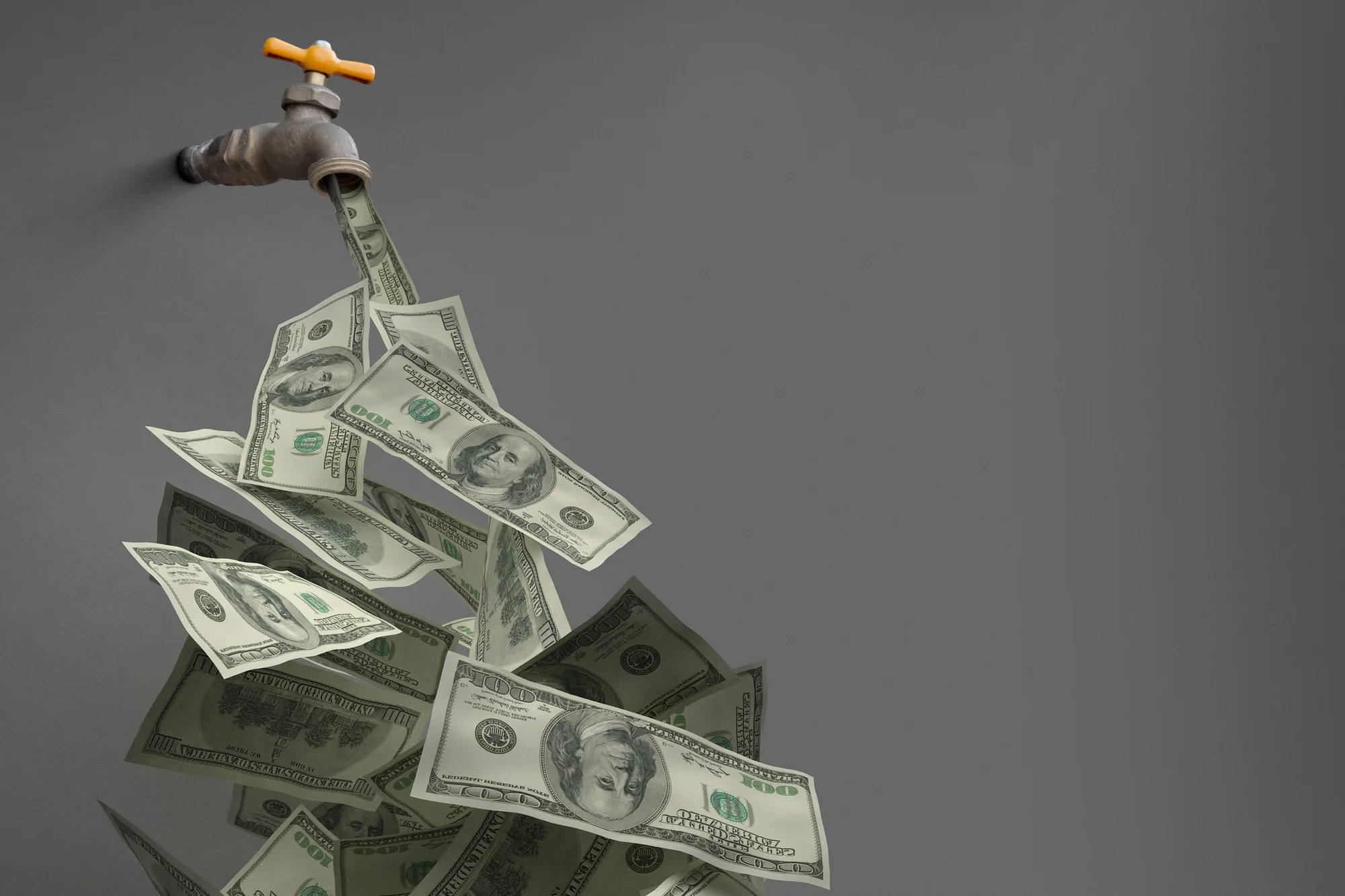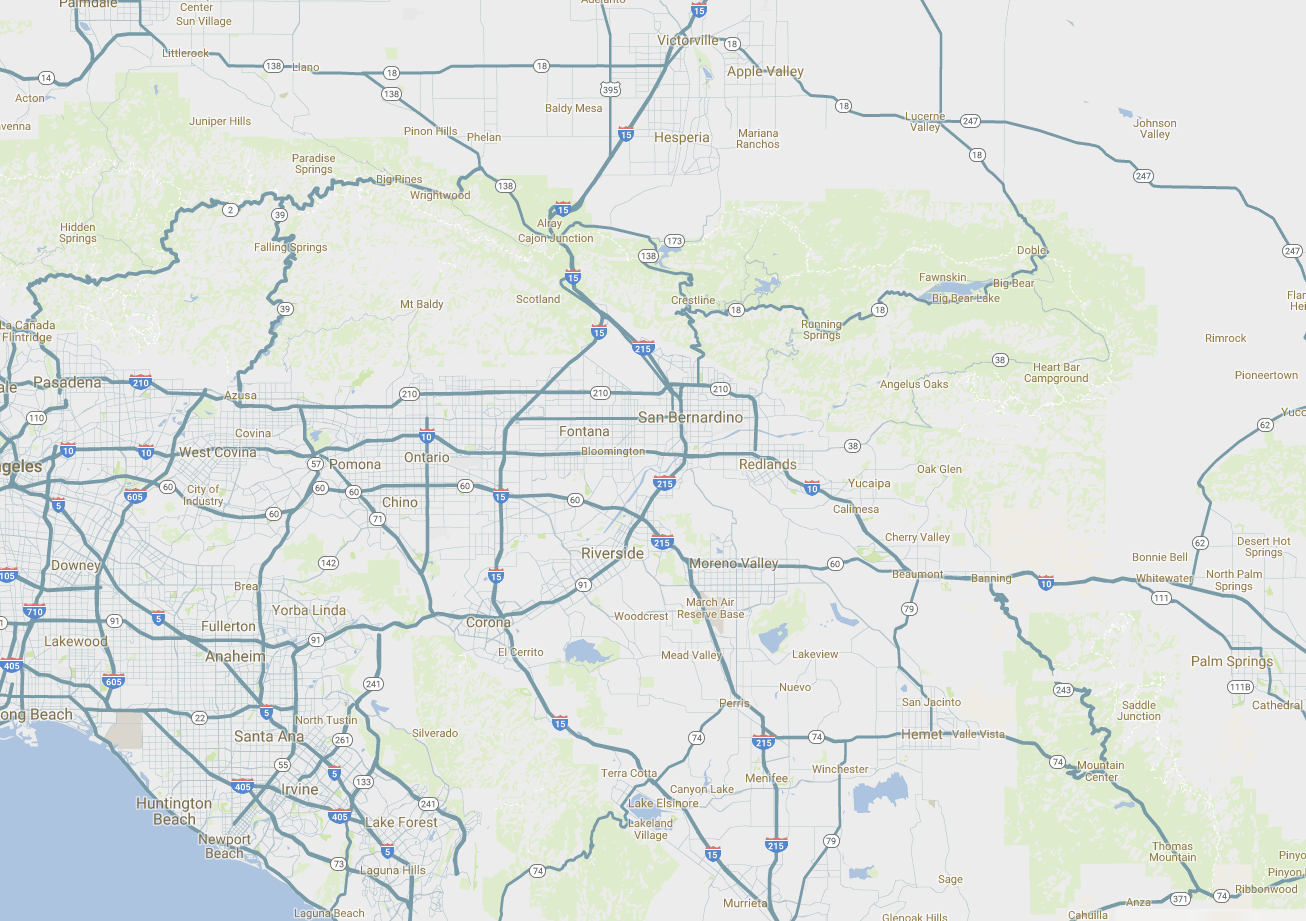REASONS YOUR WATER BILL IS TOO HIGH
If you’ve been shocked by a recent water bill, you’re not alone. A high water bill can be frustrating—especially if your water habits haven’t changed much- or so you think.
Fortunately, many common causes can be easily diagnosed or even fixed at home. Below, we’ll explain what could be making your water bill too high—and share a few simple steps to take before calling a plumber.
- Recent changes in water use
- A leaky toilet, faucet, or plumbing fixture
- Leaky water-based appliance
- Leaky water line
- Water softening system running nonstop
- Running toilets
- High water usage habits
- Outdoor irrigation issues
- How to monitor and reduce water use
Live in the Redlands/Inland Empire area and need an honest assessment of your home’s plumbing systems? Contact the trustworthy and highly-trained plumbers at Burgeson’s. We’ll help you narrow down what’s causing an increase in your water bills.
Recent Changes in Water Use
It might surprise you that even slight water use changes can add up throughout your billing cycle. Did you have your in-laws over to visit for a few days or a week? Did you recently welcome a new pet or set up an aquarium? Any changes to your water use will be reflected on your bill.
Overnight guests, a new baby, or putting in a garden can all lead to temporary or long-term hikes to your water bill. Before you start checking for leaks, you might investigate how to use less water if the increased cost has to do with your usage habits. If you’re asking yourself, “Why is my water bill so high?” shortly after a recent change, that change could be the reason.
Leaky Toilet, Faucet, or Plumbing Fixture
Leaky plumbing is a major culprit behind unexpectedly high water bills. Even a slow drip can add up—especially if it goes unnoticed.
COMMON CAUSES:
- Toilets with worn-out flappers or fill valves
- Faucets with old gaskets or seals
- Shower heads with steady drips
Just one leaking faucet can waste over 30 gallons of water per month. According to the EPA, household leaks can account for nearly 10,000 gallons of wasted water annually.
Leaky Water-Based Appliance
Appliances like dishwashers, washing machines, and water heaters can spring small, hidden leaks
- Dishwashers leaking under the cabinet
- Refrigerators with faulty ice maker lines
- Water heaters with corroded drain valves
If you're noticing damp spots, higher usage, or reduced efficiency, a leaky appliance might be to blame for your water bill being too high.
Leaky Water Line
Water lines run through your home and under your yard. Leaks in these pipes can go undetected for weeks, driving up your water bill.
SIGNS OF A HIDDEN LEAK:
- Unexplained damp spots on walls or ceilings
- Mushy patches in your yard
- Continuous sound of water flow when no fixtures are on
An underground or behind-the-wall leak could be the reason why your water bill is too high—especially if usage habits haven’t changed.
WATER SOFTENING SYSTEM RUNNING NONSTOP
Water softeners occasionally regenerate to flush out minerals. But if the unit malfunctions and stays in regeneration mode, it may be wasting hundreds of gallons of water a day.
WHAT TO WATCH FOR:
- Softener running continuously or more frequently than usual
- A sudden spike in your water bill without increased usage
- Audible water flow even when no taps are in use
Running Toilets
A constantly running toilet is one of the sneakiest causes of a high water bill.
COMMON ISSUES:
- Worn-out flapper valve
- Misaligned float
- Loose chain inside the tank
You might hear your toilet running—or it may run silently between flushes. Try placing a few drops of food coloring in the tank and waiting 10–15 minutes. If the color shows up in the bowl, it’s leaking.
Some fixes are easy. You might just need to adjust the float or replace the flapper. But if that doesn’t work, give Burgeson’s plumbing team a call. We’ll take care of it quickly.
HIGH WATER USAGE HABITS
Sometimes, the answer to the question “Why are my water bills so high?” is simply how you’re using water.
Examples:
- Long showers or multiple showers per day
- Frequent laundry cycles
- Lawn watering, especially during the hottest times of day
- New appliances that use more water (e.g., larger washing machines)
WHAT YOU CAN DO:
- Set timers for showers
- Run only full loads of laundry or dishes
- Water lawns early in the morning or late evening
- Use water-saving modes on appliances
Outdoor Irrigation Issues
Your irrigation system may be the hidden source of your rising water bill.
COMMON CULPRITS:
- Cracked or broken sprinkler heads
- Leaking underground lines
- Watering during the hottest part of the day, leading to evaporation
QUICK TIPS:
- Walk your yard and check for soggy areas or overspray
- Install smart timers or rain sensors
- Schedule seasonal inspections to avoid costly surprises
How to Monitor and Reduce Water Use
Keeping an eye on your usage is one of the best ways to prevent a water bill that’s too high.
Strategies:
- Compare monthly bills and spot unusual increases
- Install smart water meters or leak detectors
- Upgrade to low-flow faucets, toilets, and shower heads
- Shut off water at the main valve when leaving for vacation
- Listen for running water or dripping sounds at night
These small steps can lead to big savings over time.
Need Help with a Leak? Call Burgeson’s for Trusted Plumber Repairs.
If your water bill is too high and you’re not sure why, Burgeson’s is here to help. Our expert plumbers can inspect your fixtures, appliances, and water lines to pinpoint the problem and offer solutions that make sense.
Call us at 909-792-2222 or request an appointment online. For trusted plumbing service you can count on, contact us today.













